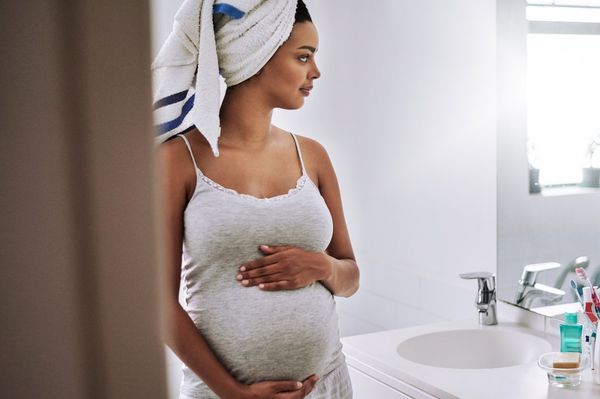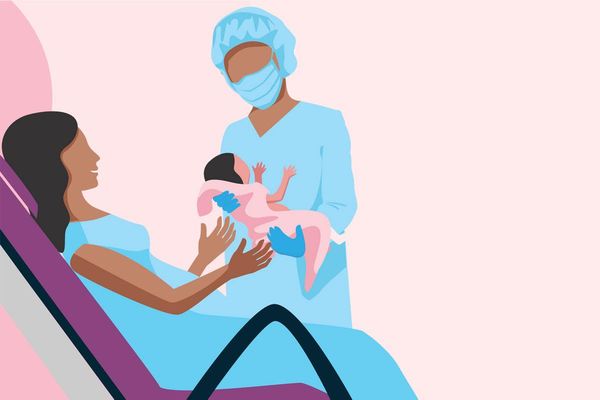Britain's Royal family announced that the Duchess of Cambridge Kate Middleton is pregnant and was admitted to a London hospital with severe morning sickness. The hospitalization prompted an early public announcement of the pregnancy -- she is said to be less than 12 weeks pregnant.
Morning sickness is often the first sign of pregnancy. It can occur as early as two to eight weeks. Nausea tends to happen because elevated hormone levels may cause food to empty the stomach slowly. Also, pregnancy may make women more sensitive to smells, making certain odors more likely to trigger nausea.
Up to 90 percent of pregnant women experience nausea with or without vomiting and there are things they can do to generally alleviate symptoms, including:
- Eating saltine crackers or dry bread just before bed at night and first thing in the morning
- Eating smaller, more frequent meals so the stomach never completely empties
- Avoiding greasy or fatty food
- Drinking fluids between rather than during meals
- Getting enough rest and taking breaks when energy levels flag
- Avoiding highly seasoned foods, cream and strongly flavored vegetables such as onions
- Taking a total of 1 to 1.5 grams of powdered ginger in divided doses throughout the day (upon advice of a health care professional)
- Taking 25 mg three times a day of vitamin B6 alone or with the antihistamine doxylamine (upon advice of a health care professional)
But up to 2 percent of pregnant women suffer from a very severe form of "morning sickness" called hyperemesis gravidarum, which causes extreme nausea and vomiting. For these women, nausea and vomiting may continue all day, every day, and can last beyond the first trimester when morning sickness often subsides. Pregnant women who experience weight loss of more than 5 pounds during the first trimester due to severe nausea and vomiting should discuss the topic of hyperemesis gravidarum with their health care professional. The severity of symptoms can lead to serious complications that may prevent sufficient weight gain for a healthy pregnancy. General guidelines from the Institute of Medicine recommend that women who were underweight before getting pregnant gain 28 to 40 pounds during pregnancy; normal weight women gain 25 to 35 pounds; overweight women gain 15 to 25 pounds; and obese woman gain between 11 and 20 pounds.
Pregnancy Nutrition Dos and Don'ts
The good news is that morning sickness is associated with lower risks of miscarriages and stillbirths and is generally viewed as a sign that hormone levels are rising normally, establishing the placenta.







